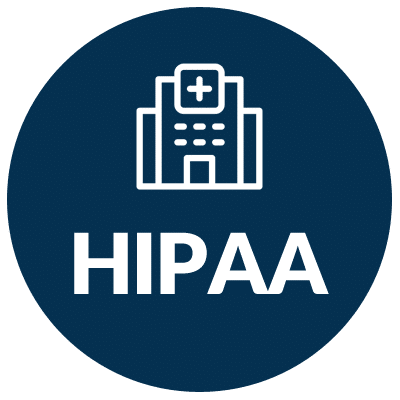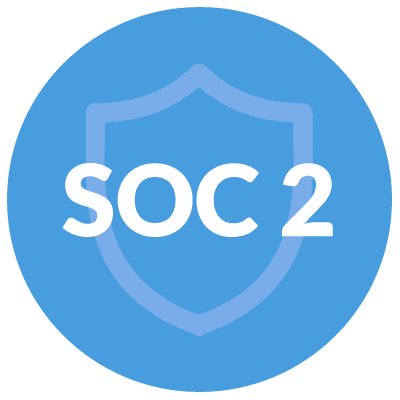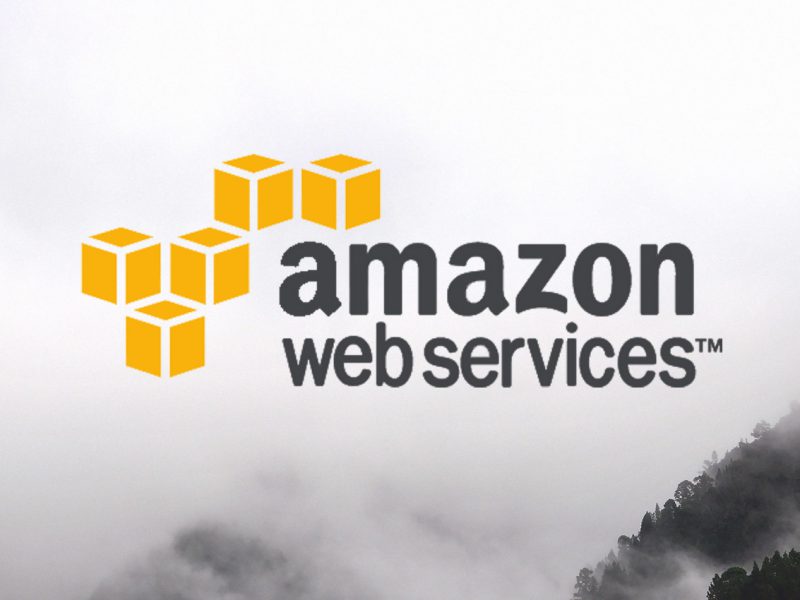Knowledge Center
The latest resources for regulatory compliance, cloud computing, and cybersecurity


HIPAA FAQs
Who needs to comply with HIPAA?
Covered Entities (including health providers, health plans) and Business Associates (including healthcare vendors and digital health companies) are responsible for following complying with HIPAA and The Privacy Rule.
Both Covered Entities and Business Associates are responsible for implementing all required HIPAA safeguards when interacting with protected health information (PHI).
Who enforces HIPAA?
What are the penalties for violating HIPAA?
Violations can result in fines as well as jail time and criminal penalties in certain circumstances. Fines or civil money penalties (CMPs) for HIPAA violations are based on a tiered structure, and increase based on the number of effected patients and amount of neglect. The amount of the penalty is at the discretion of HHS OCR.
The penalty guidelines are outlined as followed:
| Violation | Amount per violation | Maximum annual penalty |
|---|---|---|
| Did Not Know | $100 – $50,000 | $1,500,000 |
| Reasonable Cause | $1,000 – $50,000 | $1,500,000 |
| Willful Neglect — Corrected | $10,000 – $50,000 | $1,500,000 |
| Willful Neglect — Not Corrected | $50,000 | $1,500,000 |
Source: HHS, Federal Register.gov
Does signing a Business Associates Agreement (BAA) make my organization HIPAA compliant?
A Business Associates Agreement (BAA) dictates how a business associate (BA) operates and deals with protected health information (PHI). These agreements typically state how the business associate will maintain compliance and lays out responsibilities for both sides. Most cloud platforms, including Amazon Web Services (AWS) and Google Cloud Platform (GCP) operate on a “Shared Responsibility” model, where the cloud provider, as well as your organization are responsible for specific safeguards.
Although it is recommended you sign a BAA with service partners who will be storing PHI, BAAs do not automatically make your organization compliant. Your organization’s internal policies, procedures, and review of administrative, physical, and technical safeguards is an important responsibility that ultimately helps dictate if your organization is in compliance.
Is there a certification for HIPAA Compliance?
Can Docker be used for HIPAA compliant applications?
Preparing For A SOC 2 Audit
Learn how to prepare for a SOC 2 Audit. See best practices for setting security controls, gathering evidence, and engaging a SOC 2 auditor. Plan for SOC 2 assessment and certification.
Read more
Architecting HIPAA Compliant Solutions with AWS HIPAA Eligible Services
Organizations can architect HIPAA compliant solutions using AWS HIPAA eligible services. Learn how eligible services can be utilized alongside a HIPAA Security Plan.
Read more
HIPAA Compliance For Business Associates
Organizations can architect HIPAA compliant solutions using AWS HIPAA eligible services. Learn how eligible services can be utilized alongside a HIPAA Security Plan.
Read moreAutomate Security and Compliance In The Cloud
Build, monitor, and maintain your team’s compliance program